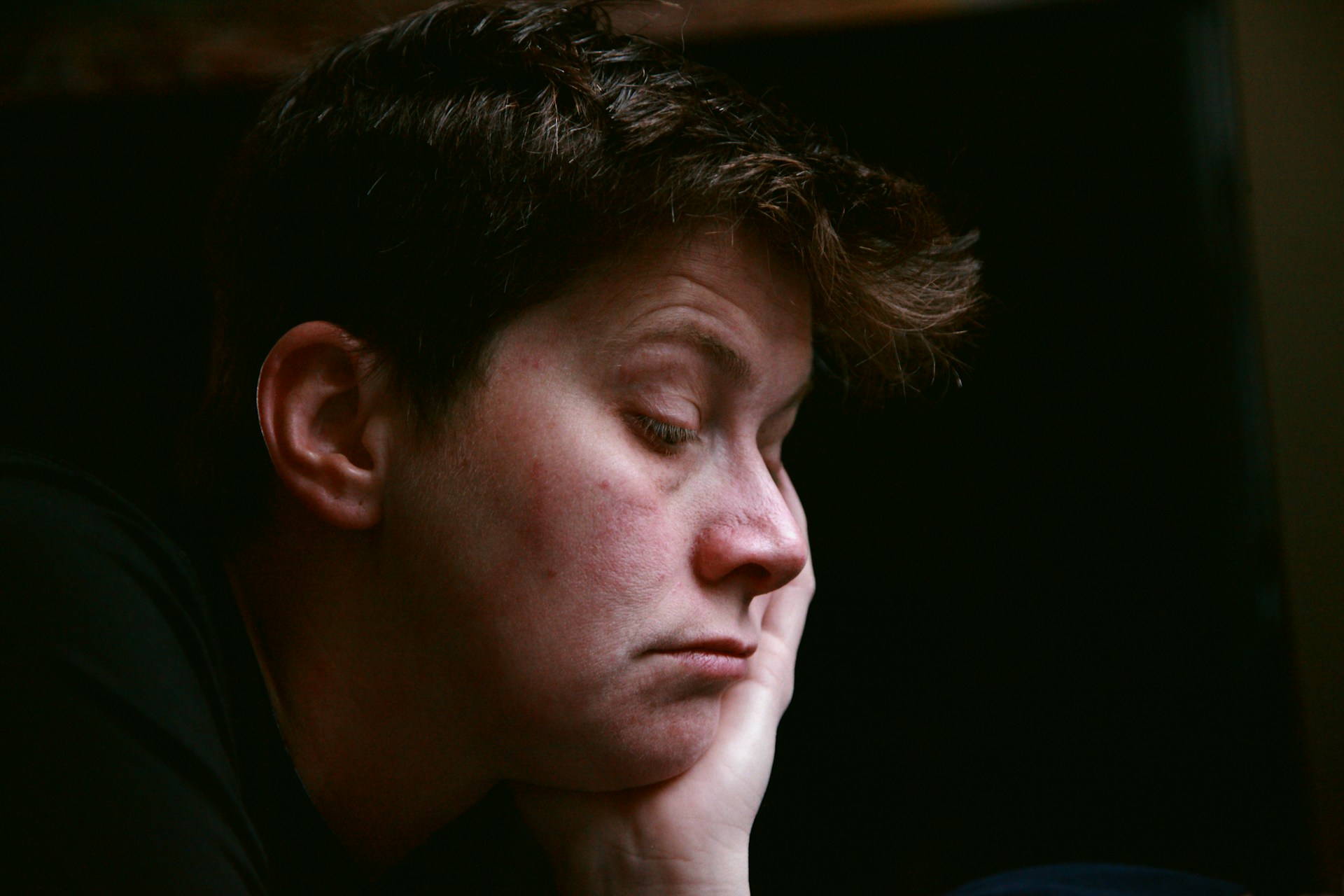
30 Nov Teeth Grinding: How It Harms Your Whole Body
Teeth grinding, medically known as bruxism, is the act of habitually grinding or clenching your teeth together. It usually happens during sleep or times of stress, and most people don’t realize they’re doing it.
However, teeth grinding causes massive damage to your oral health, and it can even affect other parts of your body. Along with the potential for sensitive or cracked teeth, bruxism also creates problems like headaches, earaches, and sleep disturbances.
The Effects of Teeth Grinding on Your Body
Grinding or clenching your teeth together does more than damage your pearly whites. It can have whole-body effects.
Aches and Pains
The action of repeatedly grinding or clenching your teeth together can create pain and soreness throughout your face and jaw. It may even become painful to open and shut your mouth. Increased stress on the facial muscles will eventually affect the muscles in your neck as well.
The increased pressure on the trigeminal nerve causes migraines and headaches. This nerve is the primary source of information from the face to the brain. The signals the brain receives from this nerve also allow you to open and close your mouth and chew your food.
Earaches are also common with teeth grinding, for several reasons. Clenching and grinding puts pressure on the muscles all over the face, which can affect the muscles in the ear as well. Untreated infections from broken teeth can also spread to the delicate structures in the ear.
Sleep Disturbances
Bruixum can interrupt your sleep in several ways:
- The sound of grinding teeth can wake you, or others in your household who may wake you in turn.
- The pain from intense grinding or clenching wakes you.
- The movement keeps you from entering REM sleep.
Although it’s most common in children, nighttime bruxism can be problematic for people of all ages. Any interruptions to your sleep cycle can affect your immune system and cause problems like hypertension, a decline in mental health, and even a decrease in brain activity.
Poor Diet
Feeling sore or tired can definitely affect your choices of foods and beverages. Oral pain keeps people from enjoying healthy foods like crunchy vegetables, while lack of sleep might have them reaching for a sugary, caffeinated beverage. These dietary changes can sometimes even make bruxism worse, because a poor diet increases stress.
Three Tips to Help You Stop Grinding Your Teeth
1: Reduce Stress
This is often easier said than done, but reducing the amount of stress you experience can prevent teeth grinding. If life won’t let you be stress-free, you should at least try to do something relaxing right before bed. Reading, meditating, or listening to calming music can help you go to sleep relaxed, and hopefully reduce the instances of nighttime grinding.
2: Watch Your Diet
Making sure you are eating a balanced diet can help you keep your teeth and gums strong. Vitamins and minerals, like calcium, can help you strengthen the enamel that gets ground away. Stimulants like caffeine, alcohol, and nicotine can often stress our bodies further, which makes grinding and clenching worse.
3: Visit Your Dentist
Twice-yearly dental visits can help you stay on top of your bruxism and prevent it from worsening. Your dentist might also have recommendations to help you avoid further damage. Custom-fitted mouthguards will help relax your jaw and prevent damage to your teeth while you sleep.
Dental Care for Bruixum in Prescott, Arizona
Dental care is an important part of maintaining your overall health. Here at Hicks Dental our team of expert dentists, hygienists, and support staff understand exactly how dental pain affects your ability to smile. Let us help you find relief! Contact us today to schedule an appointment.
Images used under creative commons license – commercial use (11/30/24). Photo by Shane on Unsplash.

